Why Is Atlantic Ocean Not Blue

Hey there! I want to share some fascinating information with you about the deep ocean. So, let's dive in!
The deep ocean is a mysterious and awe-inspiring place, filled with wonders that are yet to be fully discovered. It covers more than 70% of our planet and is home to an incredible variety of marine life.
Exploring the Depths
In the vast expanses of the deep ocean, there is a world of fascinating creatures and geological features waiting to be explored. With depths reaching over 36,000 feet in some areas, it's mind-boggling to think about the incredible pressure and extreme conditions that exist down there.
One of the most intriguing discoveries in the deep ocean is the presence of hydrothermal vents, which are cracks in the ocean floor that release superheated water and minerals into the surrounding environment. These vents create unique ecosystems where organisms thrive in the absence of sunlight.
The Importance of the Deep Ocean
The deep ocean plays a crucial role in regulating the Earth's climate and weather patterns. It acts as a massive carbon sink, absorbing a significant amount of the carbon dioxide from the atmosphere, thus helping to mitigate the impacts of climate change.
Furthermore, the deep ocean is an abundant source of natural resources, including oil, gas, and minerals. These resources have the potential to support various industries and contribute to the global economy.
Biodiversity and Adaptations
The deep ocean is teeming with an astonishing array of diverse species that have evolved unique adaptations to survive in extreme conditions. From bioluminescent organisms that light up the depths to deep-sea creatures with bizarre appearances, this ecosystem is a testament to the wonders of evolution.
Many deep-sea organisms rely on chemosynthesis, a process in which they convert chemicals present in the hydrothermal vents into energy. This form of energy production is drastically different from the photosynthesis that sustains life on land.
Discoveries and Scientific Research
Scientists and researchers are continuously making groundbreaking discoveries in the deep ocean, shedding light on its mysteries and expanding our knowledge of the planet. Advanced technologies, such as remotely operated vehicles (ROVs) and deep-sea submersibles, allow us to explore depths that were previously inaccessible.
These expeditions have revealed new species, ancient shipwrecks, and geological formations that provide valuable insights into Earth's history. They also contribute to our understanding of the effects of human activities on the deep ocean and the importance of its conservation.
Benefits and Advantages of Exploring the Deep Ocean
1. Scientific Discoveries: Exploring the deep ocean leads to new scientific breakthroughs and advancements in various fields, including marine biology, geology, and climate science.
2. Resource Exploration: The deep ocean holds vast reserves of valuable resources, which can contribute to economic growth and technological advancements.
3. Climate Regulation: The deep ocean acts as a carbon sink, helping to mitigate climate change by absorbing carbon dioxide from the atmosphere.
The Value of Preserving the Deep Ocean
Preserving the deep ocean is of utmost importance to maintain the delicate balance of ecosystems, protect biodiversity, and safeguard the valuable resources it holds.
Conservation efforts, such as establishing marine protected areas and sustainable fishing practices, are essential to ensure the long-term health and resilience of this unique and fragile environment.
In conclusion
The deep ocean is a mesmerizing world full of wonders and mysteries. Through ongoing exploration and scientific research, we can continue to unravel its secrets and gain a deeper understanding of our planet.
Let's appreciate and protect this precious ecosystem for future generations to come.
People Also Ask
What is the deepest part of the ocean?
The deepest part of the ocean is known as the Mariana Trench, located in the western Pacific Ocean. It reaches a mind-boggling depth of approximately 36,070 feet.
How many oceans are there on Earth?
There are five recognized oceans on Earth: the Atlantic Ocean, the Pacific Ocean, the Indian Ocean, the Southern Ocean, and the Arctic Ocean.
What is bioluminescence?
Bioluminescence refers to the production of light by living organisms. In the deep ocean, many creatures possess the ability to emit light, creating a mesmerizing display.
If you are searching about Why the Pacific and Atlantic Oceans don't mix? | Why the Pacific and Atlantic meet but never mix you've came to the right web. We have 25 Images about Why the Pacific and Atlantic Oceans don't mix? | Why the Pacific and Atlantic meet but never mix like WHY ATLANTIC AND PACIFIC OCEAN ARE NOT MIXED?, Why is the Ocean Blue? - American Oceans and also Why is the Ocean Blue? - American Oceans. Read more:
Why The Pacific And Atlantic Oceans Don't Mix? | Why The Pacific And Atlantic Meet But Never Mix
 www.youtube.com
www.youtube.com Why The Atlantic And Pacific Oceans Don’t Mix – Canvids
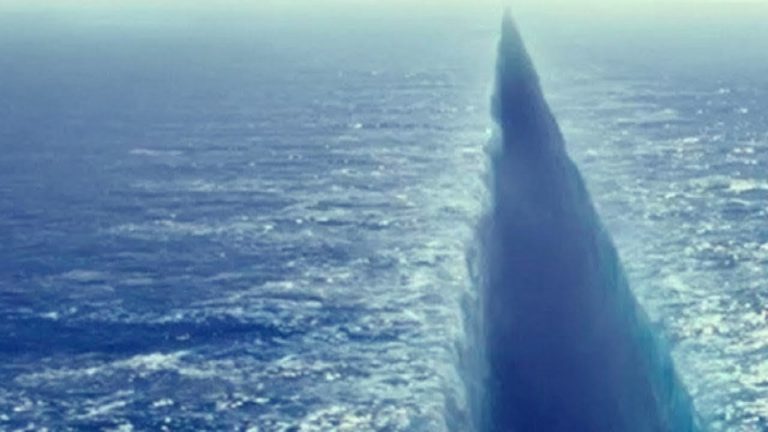 canvids.com
canvids.com impossible scientifically oceans canvids shares 1funny reaction unexplained topbuzz monuments
TWO OCEANS MEET BUT NOT MIX | Cape Town - Atlantic And India Ocean Meeting Point - YouTube
 www.youtube.com
www.youtube.com oceans meet ocean cape atlantic two town mix meeting point but india
Check Out The Photo « Atlantic Ocean 5 » | OB Gallery
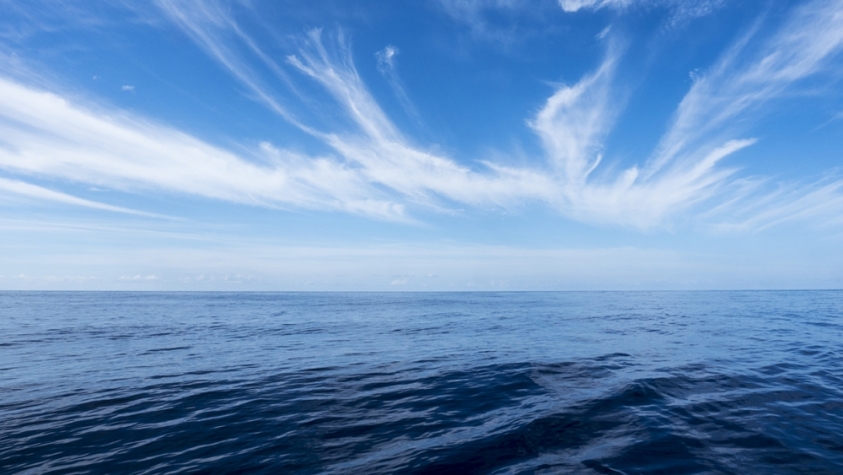 www.obgallery.com
www.obgallery.com atlantic ocean enlarge
Why The Atlantic And Pacific Oceans Don't Mix - YouTube
 www.youtube.com
www.youtube.com Why Atlantic And Pacific Don't Mix? Two Ocean Don't Mix Why ? Ocean Don't Mix. Atlantic And
 www.youtube.com
www.youtube.com Why The Atlantic Ocean Current System Is Slowing Down, And Its Implications-ForumIAS Blog
 blog.forumias.com
blog.forumias.com amoc slowing meridional overturning implications forumias
Atlantic And Pacific Ocean DO NOT MIX, Why Do The Two Oceans Not Mix? It's Not Two Oceans
 www.pinterest.com
www.pinterest.com oceans geologypage waters
WHY ATLANTIC AND PACIFIC OCEAN ARE NOT MIXED?
 cybernautclub.blogspot.com
cybernautclub.blogspot.com oceans hb الله
Deep Ocean Facts - DeepOceanFacts.com
 deepoceanfacts.com
deepoceanfacts.com deepoceanfacts seabed rapefugees
(EN) - Why Is The Ocean Blue? - YouTube
 www.youtube.com
www.youtube.com Why Is The Ocean Blue? - American Oceans
 www.americanoceans.org
www.americanoceans.org oceans sky takeaway americanoceans
Why Is The Ocean Blue? - American Oceans
 www.americanoceans.org
www.americanoceans.org americanoceans
When You Look At The Seas And Oceans On The Map You Might Think That Oceans Just Flow Into Each
 www.pinterest.com
www.pinterest.com oceans oceanul
Why Is The Ocean Blue? - American Oceans
 www.americanoceans.org
www.americanoceans.org Why The Atlantic And Pacific Oceans Don't Mix | The Real Fact About Ocean Salty Water - YouTube
 www.youtube.com
www.youtube.com atlantic pacific mix ocean why don water oceans salty
Why Atlantic – Atlantic Building And Development
 atlanticbuilding321.com
atlanticbuilding321.com atlantic why building
This Is The Reason Why Atlantic Ocean And Pacific Ocean Waters Do Not Mix Up – Www.myinfo.com.gh
 myinfo.com.gh
myinfo.com.gh oceans bodies breve informe entresijos gh myinfo
THAT'S WHY TWO OCEANS DON'T MIX - YouTube
 www.youtube.com
www.youtube.com mix oceans don two why
Atlantic Ocean To Disappear In 200 Million Years? -- Science & Technology -- Sott.net
 www.sott.net
www.sott.net ocean atlantic pacific shrinking disappear million years oceans amazing earth subduction hurricane 2060 facts map why sott zones active crack
WHY ATLANTIC AND PACIFIC OCEAN ARE NOT MIXED?
 cybernautclub.blogspot.com
cybernautclub.blogspot.com Where The Atlantic & Pacific Oceans Meet
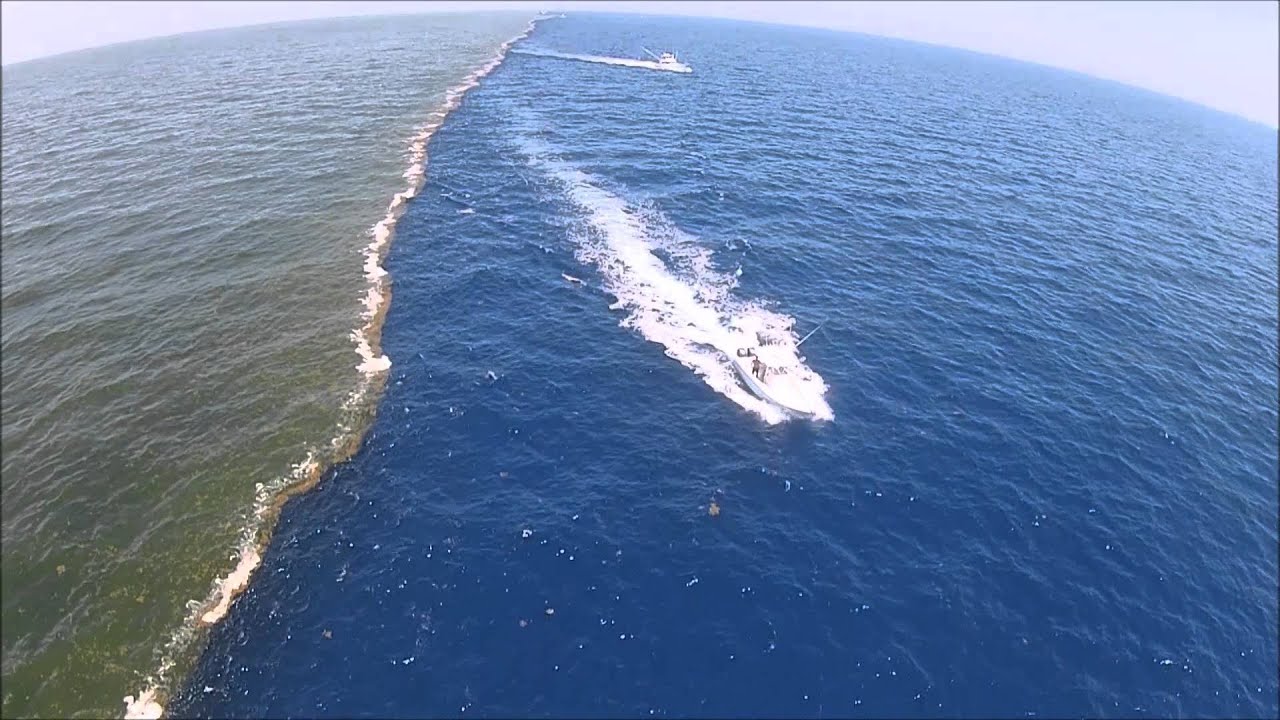 www.elanka.com.au
www.elanka.com.au river atlantic pacific mississippi where meet oceans ocean
How Come That Oceans Meet But Do Not Mix? - Curiosify
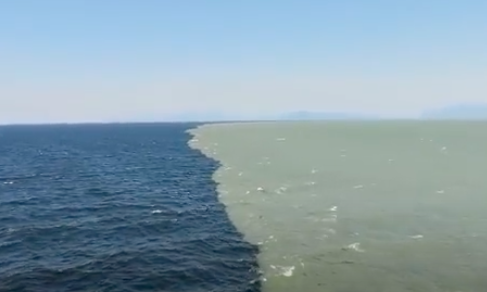 curiosifymagazine.com
curiosifymagazine.com oceans mix
Why The Atlantic Ocean Is Getting Wider - Owl Connected
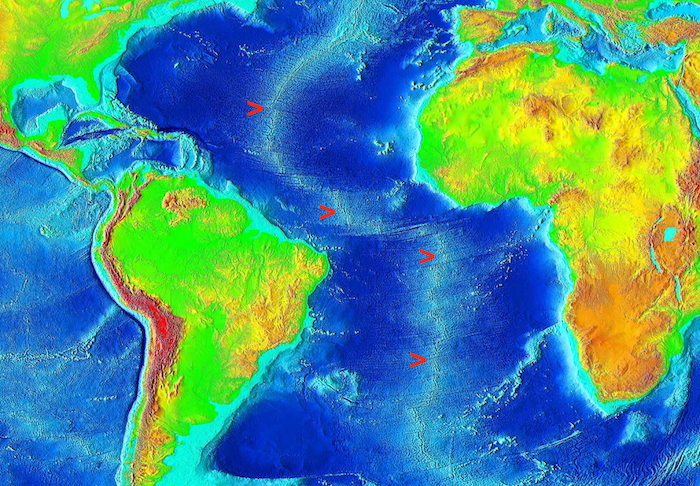 owlconnected.com
owlconnected.com atlantic ocean why wider year getting expanding
Atlantic Ocean Is Growing And Pushing Pacific To Disappear - YouTube
 www.youtube.com
www.youtube.com atlantik pasifik
Why the pacific and atlantic oceans don't mix?. Oceans bodies breve informe entresijos gh myinfo. Why is the ocean blue?
Post a Comment for "Why Is Atlantic Ocean Not Blue"